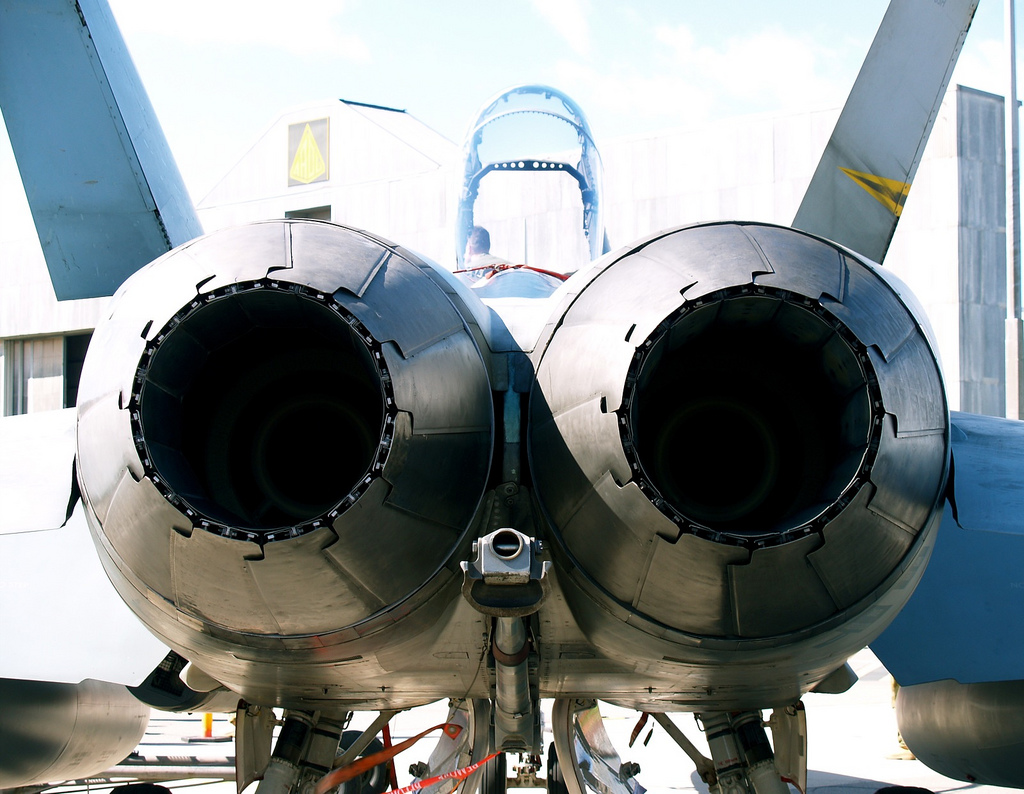
Prime Minister Tony Abbott has been forcibly dragged into the escalating row over federal public service pay and conditions after Opposition Leader Bill Shorten fired off an angry letter strongly urging him to pull the current below-inflation offer to Defence personnel amid armed forces again being deployed to conflict zones in the Middle East.
The government is offering Defence staff a total 4.5 per cent pay increase over three years (or 1.5 per a year) coupled with reductions to leave entitlements and higher duties allowances as part of a proposed Workplace Remuneration Agreement that is due to be put to the to the Defence Force Remuneration Tribunal on Wednesday.
The Opposition has seized on the low-ball offer as doling out a pay-cut to serving personnel just as military is again returning to combat activities.
“The Commonwealth’s position would see real wages in the ADF [Australian Defence Force] fall, as well as a reduction in in leave entitlements, including Christmas leave,” Mr Shorten said in the letter to the PM.
“I urge you to reconsider this wage offer to ensure a fair and equitable deal for our ADF personnel, especially at a time when so many are deployed away from their families … The very least the Commonwealth can do is accord them pay and conditions that properly recognise their service and sacrifice.”
Labor’s Defence spokesman Senator Stephen Conroy was more direct.
“Tony Abbott promised no surprises, and now he wants to cut the wages of our Defence personnel. I mean, it’s quite extraordinary: no surprises, send the troops to war and then suddenly cut their pay,” Senator Conroy told the ABC.
“You’ve seen the level of outrage in just a few days from the Defence forces themselves. The Defence forces are up in arms, but they don’t have any other capacity than to talk to their welfare association and to make some public commentary.”
Unlike other public servants, defence and military personnel are unable to vote on or take industrial action as part of wage negotiations because of their role safeguarding the nation’s security.
However the military’s various staff and welfare associations are well versed in running highly visible and effective campaigns on public policy issues affecting their members.
Advocacy groups were well-prepared for the low-ball offer after a draft version of the agreement previously leaked out of the Department of Defence causing substantial embarrassment for Defence Minister David Johnston.
A big problem for the government in pushing its below inflation offer to Defence staff is that it risks being viewed by the public as a separate and distinct issue from wider Public Service bargaining where bureaucrats are routinely portrayed as having safe, well paid and comfortable jobs.
The Defence Force Welfare Association (DFWA) has been canvassing members on the pay offer and says that around 90 per cent of 8000 serving members polled were unhappy with the deal.
Speaking on the ABC’s AM program on Tuesday, DWA National President David Jamison sharply criticised to pay offer as an unfair deal that came on top of changes to the indexation of disability pensions for veterans contained in the May Budget.
“To achieve this reduction in pay, they’re [Defence members] asked to give up six days’ leave a year, also face lower mileage rates in their move from one posting to another and have to drive, and the married members who are unaccompanied – in other words being posted remote from their families – will lose an allowance to allow them to buy food whilst they’re living singly away from base,” Mr Jamison said.
Under the deal put to Defence staff, the waiting time for higher duties pay to kick-in will be doubled from 5 day to 10 days, while mileage rates for driving and food allowances will also be cut.
The new agreement also suggests sizeable increases in the allowable daily driving limit for personnel, pushing up mileage from 480km a day to 600km a day without a trailer and 360km to 500km with a trailer.
In a statement to all Defence staff outlining the Commonwealth’s pay offer, the Chief of the Defence Force, Air Chief Marshal Mark Binskin tellingly conceded that he didn’t expect to offer to be a popular one.
“I know that some of you will believe this increase does not properly acknowledge the job you do,” the Defence Chief said.
“I am of the view given the circumstances, this is a fair and reasonable offer and is as good an outcome as I can negotiate in the current climate.”
Whether pressure on the Prime Minister will result in climate change is now the question.
Comment below to have your say on this story.
If you have a news story or tip-off, get in touch at editorial@governmentnews.com.au.
Sign up to the Government News newsletter

I am sure Tony considers the package excessively generous, just like everyone else’s pay, but he accepts the reality that he has to reduce wages below subsistence levels over a number of years.